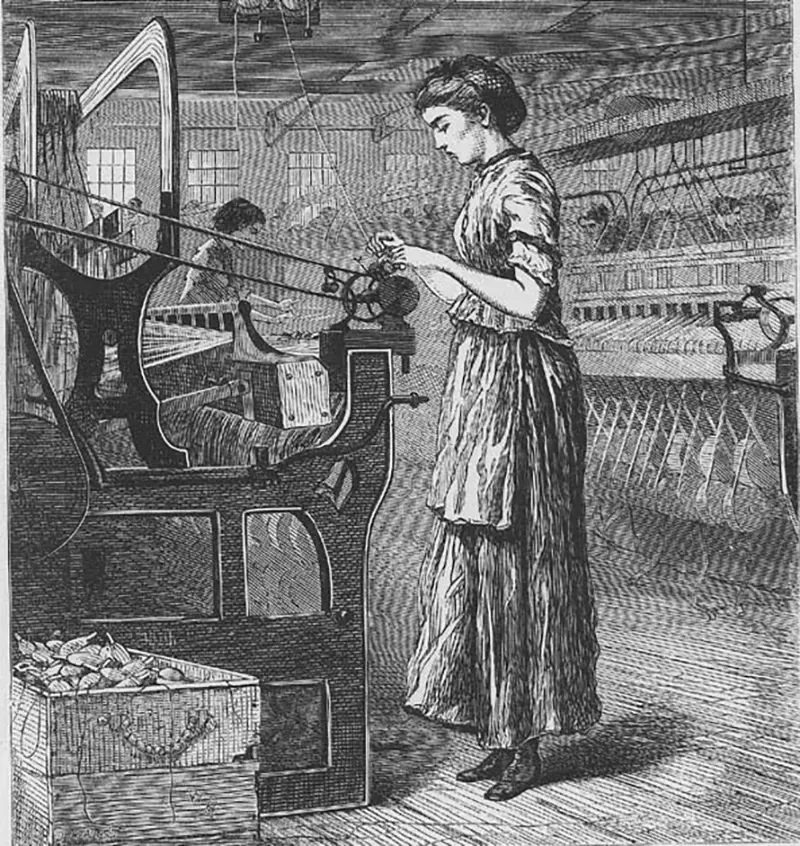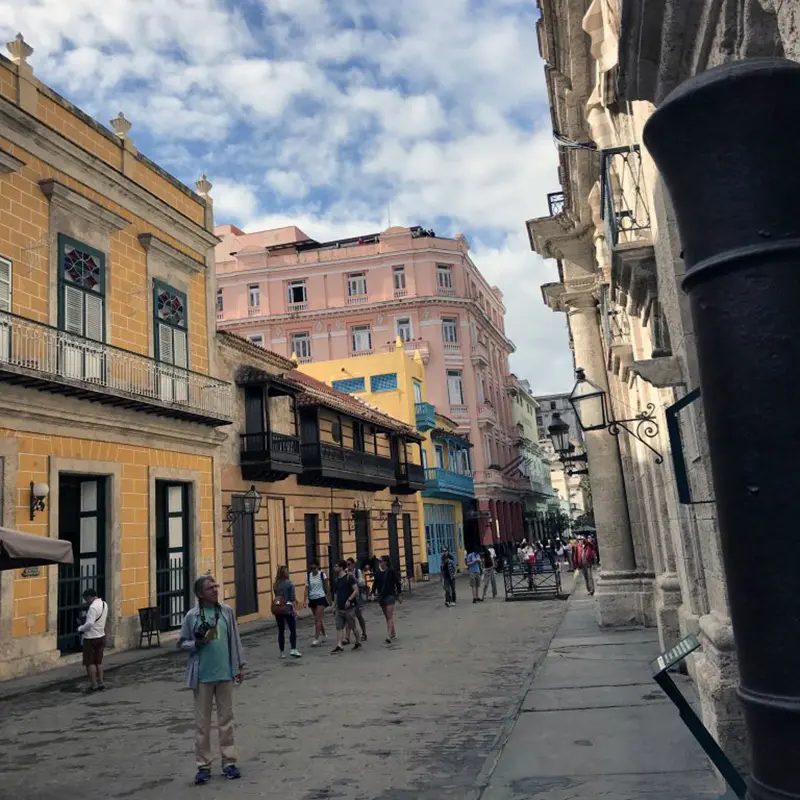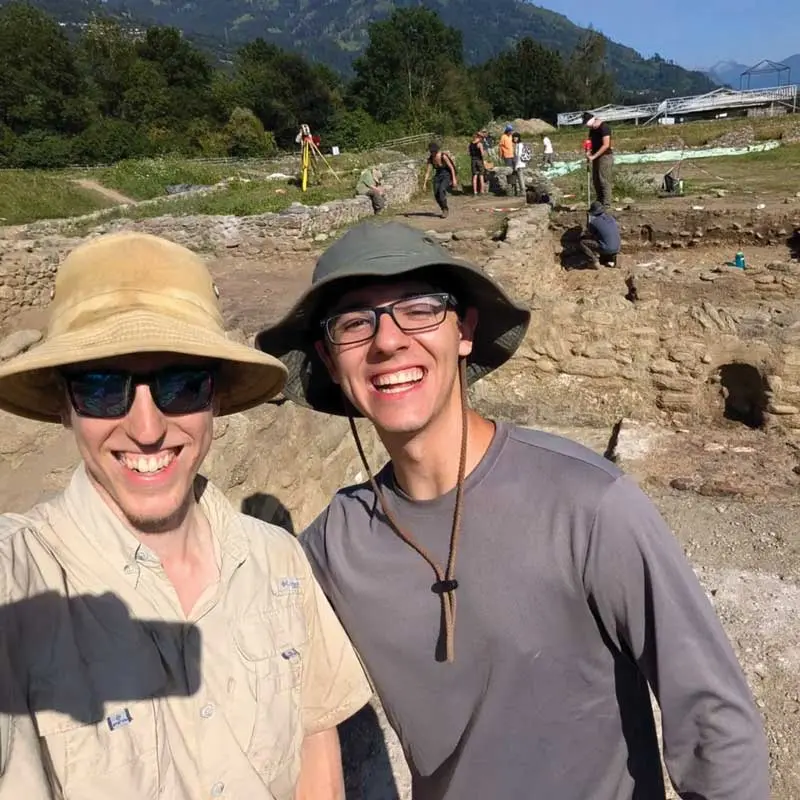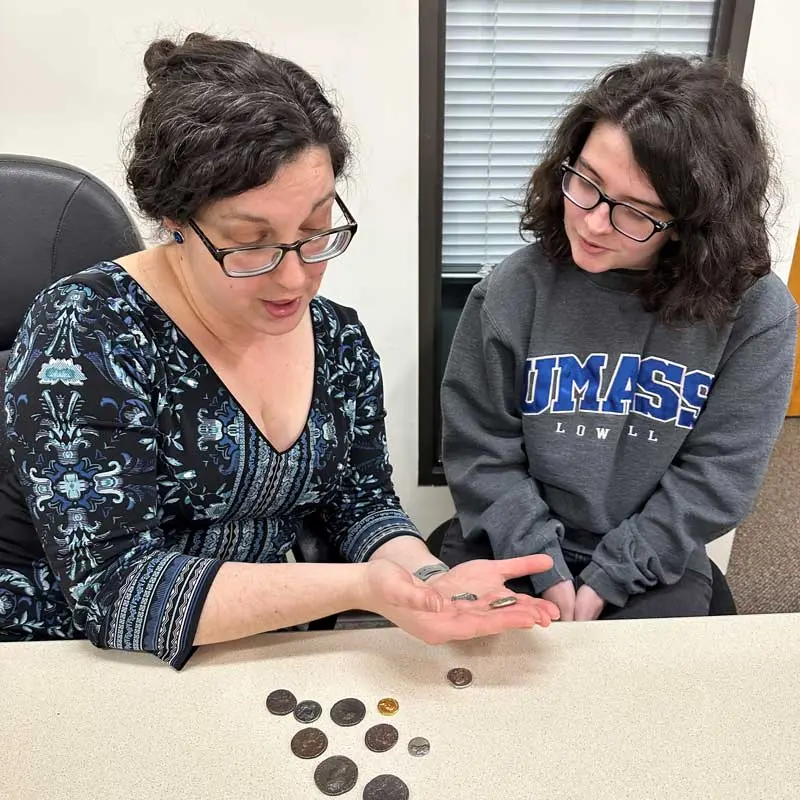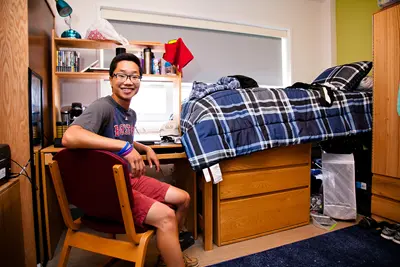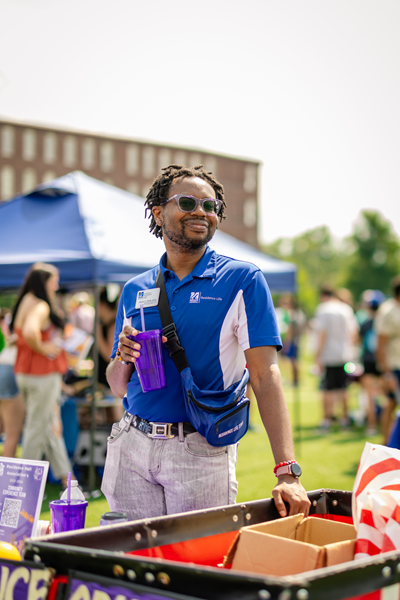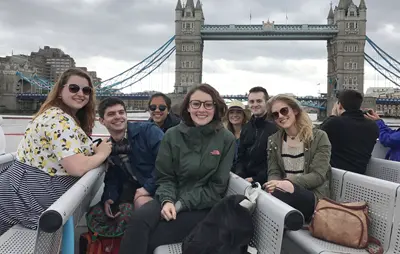For students who entered fall 2020 and beyond.
Freshman Year
Fall Semester
| Course Number | Course Name | Credits |
|---|
ENGL.1010 /
HONR.1100 | College Writing I /
First Year Seminar in Honors: Text in the City (CW) | 3 |
| FAHS.1090 | First Year Expirience Seminar | 1 |
| HIST.1070 | World History to 1500 (DCA) | 3 |
| MATH.xxxx | Math Perspective (MATH) - MATH.1110 (QL) recommended | 3 |
| WLxx.xxxx | Language 1 and Culture | 3 |
| xxxx.xxxx | Social Sciences Perspective (SS) | 3 |
| Total | 16 |
Spring Semester
| Course Number | Course Name | Credits |
|---|
| ENGL.1020 | College Writing II (CW) | 3 |
| HIST.1080 | World History Since 1500 | 3 |
| WLxx.xxxx | Language 2 and Culture | 3 |
| xxxx.xxxx | Sciences with Lab Perspective (SCL) | 3-4 |
| xxxx.xxxx | Arts and Humanities Perspective (AH) | 3 |
| Total | 15-16 |
Sophomore Year
Fall Semester
| Course Number | Course Name | Credits |
|---|
HIST.1110 /
HIST.1120 | United States History to 1877 /
United States History since 1877 | 3 |
| HIST.xxxx | European History Elective | 3 |
| xxxx.xxxx | Social Sciences Perspective (SS) | 3 |
| xxxx.xxxx | Sciences with Lab Perspective (SCL) | 3-4 |
| xxxx.xxxx | Language 3 and Culture /
World Ready Elective1 | 3 |
| Total | 15-16 |
Spring Semester
| Course Number | Course Name | Credits |
|---|
| HIST.2980 | Introduction to Historical Methods (IL), (SRE) | 3 |
| HIST.xxxx | U.S. History Elective | 3 |
| HIST.xxxx | European History Elective | 3 |
| xxxx.xxxx | Science, Technology, Engineering, and Mathematics Perspective (STEM) | 3 |
| xxxx.xxxx | Language 4 and Culture /
World Ready Elective1 | 3 |
| Total | 15 |
Junior Year
Fall Semester
| Course Number | Course Name | Credits |
|---|
| HIST.xxxx | U.S. History Elective | 3 |
| HIST.xxxx | Global Comparative, and Under-Represented | 3 |
| xxxx.xxxx | Arts and Humanities Perspective (AH) | 3 |
| xxxx.xxxx | World Ready Elective1 /
Free Elective | 3 |
| xxxx.xxxx | Free Elective | 3 |
| Total | 15 |
Spring Semester
| Course Number | Course Name | Credits |
|---|
| HIST.xxxx | Global Comparative | 3 |
| xxxx.xxxx | Arts and Humanities Perspective (AH) | 3 |
| xxxx.xxxx | Social Sciences Perspective (SS) | 3 |
| xxxx.xxxx | Free Elective | 3 |
| xxxx.xxxx | Free Elective | 3 |
| Total | 15 |
Senior Year
Fall Semester
| Course Number | Course Name | Credits |
|---|
| HIST.4320 | Research Seminar (WOC), (CTPS), (AIL) | 3 |
| HIST.xxxx | History Elective | 3 |
| HIST.xxxx | History Elective | 3 |
| xxxx.xxxx | Free Elective | 3 |
| xxxx.xxxx | Free Elective | 3 |
| Total | 15 |
Spring Semester
| Course Number | Course Name | Credits |
|---|
| HIST.xxxx | History or Free Elective | 3 |
| HIST.xxxx | History or Free Elective | 3 |
| xxxx.xxxx | Free Elective | 3 |
| xxxx.xxxx | Free Elective | 3 |
| xxxx.xxxx | Free Elective | 3 |
| Total | 15 |
Total Minimum Credits = 120.
1World Ready Language Track (WR track) requires successful completion of a two course sequence in a World Language (depending on placement) and three approved courses on the culture/history/literature/film related to that language, but taught in English. (Total of 15 credits.) For detailed information refer to Policies - Language Requirements in the undergraduate catalog.
Course Requirements for the Major (39 credits minimum; 54 credits maximum)
Completion of 6 credits (2 courses above the 1000 level) from each of the following three groups:
- U.S. History: Any department course that deals principally with the history of the United States.
- European History: Any department course that deals principally with the history of Europe (including Russia) or the Greco-Roman world.
- Global, Comparative, and Under-Represented Populations:
- One HIST.xxxx course that deals principally with geographical regions outside the U.S. or Europe; this includes courses in transnational and comparative history.
- One HIST.xxxx course that deals principally with geographical regions outside the U.S. or Europe; this includes courses in transnational and comparative history or that deal with people often under-represented in historical narratives (e.g., women’s history, Native American history, children’s history).
- Completion of 5 department courses at the 3000 level or above:
- This requirement can (and should) be met by completion of the courses listed above.
- Note that the Research Seminar (HIST.4320) does NOT fulfill this requirement.
Recommendations for the Major
Students are encouraged to take Introduction to Historical Methods (HIST.2980) in their sophomore year so that they can apply the skills acquired in this class to future 3000 and 4000 level courses, and to take the Research Seminar (HIST.4320) in their senior year.
Students interested in studying abroad are recommended to do so in their junior year so that any research done while away from UMass Lowell can be used while taking the Research Seminar in their senior year.
Students who anticipate entering the History department MA program at UMass Lowell are encouraged to complete 45 credits (unless they are earning a second major); such students are further encouraged to gain experience in primary source research and the composition of an independent research paper/project; this can be obtained through a Directed Study, a Research Seminar, a Special Topics course, a graduate-level course, or selected 3000- and 4000-level courses. Such students are also encouraged to enroll in the FastTrack program in the department during the fall and spring of the Senior year, and thus to apply to it in the spring of the Junior year.
Students who anticipate entering the School of Education at UMass Lowell are encouraged to complete as many credits in History as possible (usually around 45), including both halves of the US History survey. Such students are also encouraged to enroll in the Bachelor’s to Master’s Program in Education (formerly known as FastTrack) during the fall and spring of the Senior year, and thus to apply to it in the spring of the Junior year. For details, see graduate catalog.
Course Requirements for the Degree
Breadth of Knowledge
The UMass Lowell Core includes requirements designed to familiarize students with multiple perspectives regarding diverse areas of knowledge and modes of inquiry outside of their major discipline. Students gain insights into these perspectives by taking courses outside of their major discipline. No more than two Breadth of Knowledge courses can be taken with the same prefix. The Core Curriculum courses may be taken in any sequence. Refer to the Core Curriculum policy for further details. You should meet with your faculty advisor to determine how you will meet the Core Curriculum requirements. See Breadth of Knowledge for more information.
Essential Learning Outcomes
The UMass Lowell Core also requires students to complete seven Essential Learning Outcomes which are designed to provide students with opportunities to practice these essential intellectual skills in a way that is tailored for and relevant to each major. Refer to the Core Curriculum policy for further details. You should meet with your faculty advisor to determine how you will meet the Essential Learning Outcomes requirements. See Essential Learning Outcomes for more information.
Diversity and Cultural Awareness (DCA) is fulfilled for History majors by taking HIST.1070, HIST.1080, HIST.1110 or HIST.1120, which are also required classes for the major. Additional History classes approved for the DCA requirement are done according to the discretion of individual professors.
Information Literacy (IL) is fulfilled for History majors by taking HIST.2980, which is also a required class for the major.
Social Responsibility and Ethics (SRE) is fulfilled for History majors by taking HIST.2980, which is also a required class for the major.
Written and Oral Communication (WOC) is fulfilled for History majors by taking the HIST.4320 research seminar.
Critical Thinking and Problem Solving (CTPS) is fulfilled for History majors by taking the HIST.4320 research seminar.
Applied and Integrative Learning (AIL) is fulfilled for History majors by taking the HIST.4320 research seminar.
Quantitative Literacy (QL) is fulfilled outside the History major. See QL course listing for a list of classes which fulfill this requirement. The department recommends that all majors take MATH.1110 which fulfills both the Math Breadth of Knowledge requirement and the Quantitative Literacy ELO.
Current UMass Lowell students should be using their advisement report in SiS. If you need assistance, please contact your advisor.
Restriction on off-campus study:
Be advised that any course taken at another institution must be formally approved prior to enrollment.
See the catalog policy for details.





